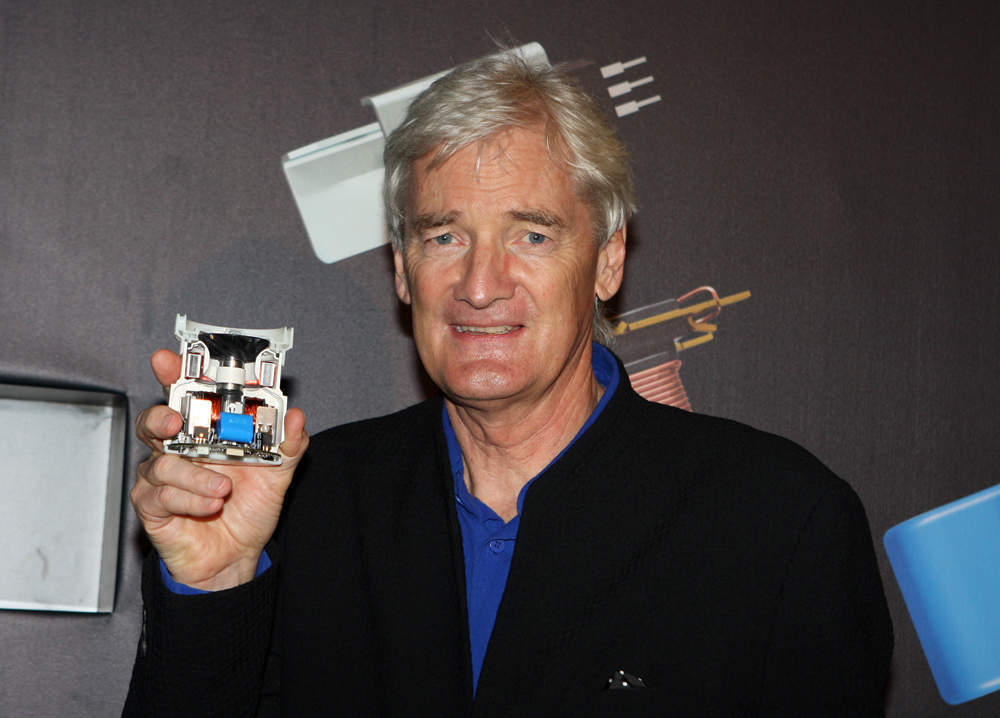
Dyson, best known as the company behind the Dyson vacuum cleaner, has announced that it will start manufacturing electric cars in Singapore, despite founder James Dyson’s pro-Brexit position.
Part of the company’s £2.5bn global investment in the new technology, including £200m to be spent in the UK, construction on the new factory will begin later this year, and the first zero-emission car scheduled to be ready by 2021.
Last year, Dyson announced plans to launch battery-powered electric cars by 2021, joining the likes of Tesla and Nissan in this emerging field.
In the past, James Dyson has been criticised for his conflicting stance on the EU. The billionaire businessman was one of 20 executives who lobbied the government to join the Eurozone back in 1998.
The James Dyson Brexit stance
In recent years James Dyson has been an outspoken Brexiteer, believing that the UK would benefit from setting its own trade policies and regulations independent of the EU, believing it was a chance to “supercharge” the economy. Dyson has even said that a no deal Brexit would “make no difference” to the British economy.
In an interview with The Telegraph in 2016, Dyson, who currently has a net worth of $5.3bn, said that he thought leaving the EU would create more jobs in the UK:
“We will create more wealth and more jobs by being outside the EU. We will be in control of our destiny. And control, I think, is the most important thing in life and business. The last thing I would ever want to do is to put myself in somebody else’s hands. Not just the other countries, but the Brussels bureaucrats.”
Why Dyson chose Singapore
Despite insisting that the move has nothing to do with Brexit, the decision to base its electric car operations outside of the UK, and with it diverting much-needed investment away from the British automotive industry, is a controversial one. The company has said that the reasoning behind the choice of location was related to “supply chains, access to markets, and the availability of the expertise”.
On the surface, the decision to base manufacturing in Singapore appears illogical. Singapore is one of the most expensive territories in the world to do business, as well as being the most expensive place in the world to buy a car. There is also a significant lack of space in the city state, making the cost of building the manufacturing plant high.
Furthermore, Singapore does not currently have any car-manufacturing plants, which will make Dyson’s the first.
However, in the past, James Dyson has expressed an interest in expanding into the Asian market, identifying nearby China, the fastest-growing car market in the world, as the largest market for Dyson’s electric vehicles. He has also said that a no-deal Brexit would present the opportunity for greater trade with the likes of Japan, Australia and China.
Although the location is not completely unexpected, with Dyson already employing around 1,100 workers in Singapore and manufacturing its digital motors in the region, for some, the move signifies a lack of confidence in the UK’s manufacturing industry.
The UK automotive industry is struggling
The decision may reflect the UK’s struggling automotive industry.The UK car manufacturing industry has been negatively affected by Brexit uncertainty, with the threat of leaving the EU without access to the customs union having severe consequences for the supply chain, which has led to reluctance among investors to back the industry. Several car manufacturers, including Jaguar Land Rover, BMW and Toyota, have voiced concerns over a no-deal Brexit.
Earlier this year, there were indications that Dyson may choose to manufacture its electric cars in the EU, with the Financial Times reporting that sites in Wales and Wiltshire could be chosen. Although Dyson has said that the research and development arm of its electric vehicles business will remain in the UK, the decision to base manufacturing elsewhere means the country will miss out on a welcome boost for the industry.
Earlier this year, the UK government unveiled its plans to bolster the automotive industry by being at the forefront of the move towards electric cars in its industrial white paper. UK car manufacturing saw a 12.9% year-on-year decline in August, the third consecutive month in which profits have fallen.
Reactions
The announcement has sparked some backlash, with many taking to twitter to criticise the decision.
Sky News political editor Faisal Islam tweeted: “Dyson say Singapore will be the factory site because supply chains close to customers necessary in car industry. But how does that not apply to actual existing UK car factories with supply chains/ customers in EU for whom he claimed last week No Deal ‘will not change anything’?”
Vocal pro-remainer and owner of Pimlio Plumbers Charlie Mullins OBE tweeted: “Dyson ditching the UK for Singapore is a classic case of actions speak louder than words!”
However, chief economist at the Institute of Economic Affairs Julian Jessop tweeted: “The #Dyson story reminds me of the fuss about new UK passports potentially being made in France. Buying goods and services from wherever offers best quality and price, even if abroad, is precisely what free traders (incl. #Brexiteers) advocate. That applies to producing them too.”







